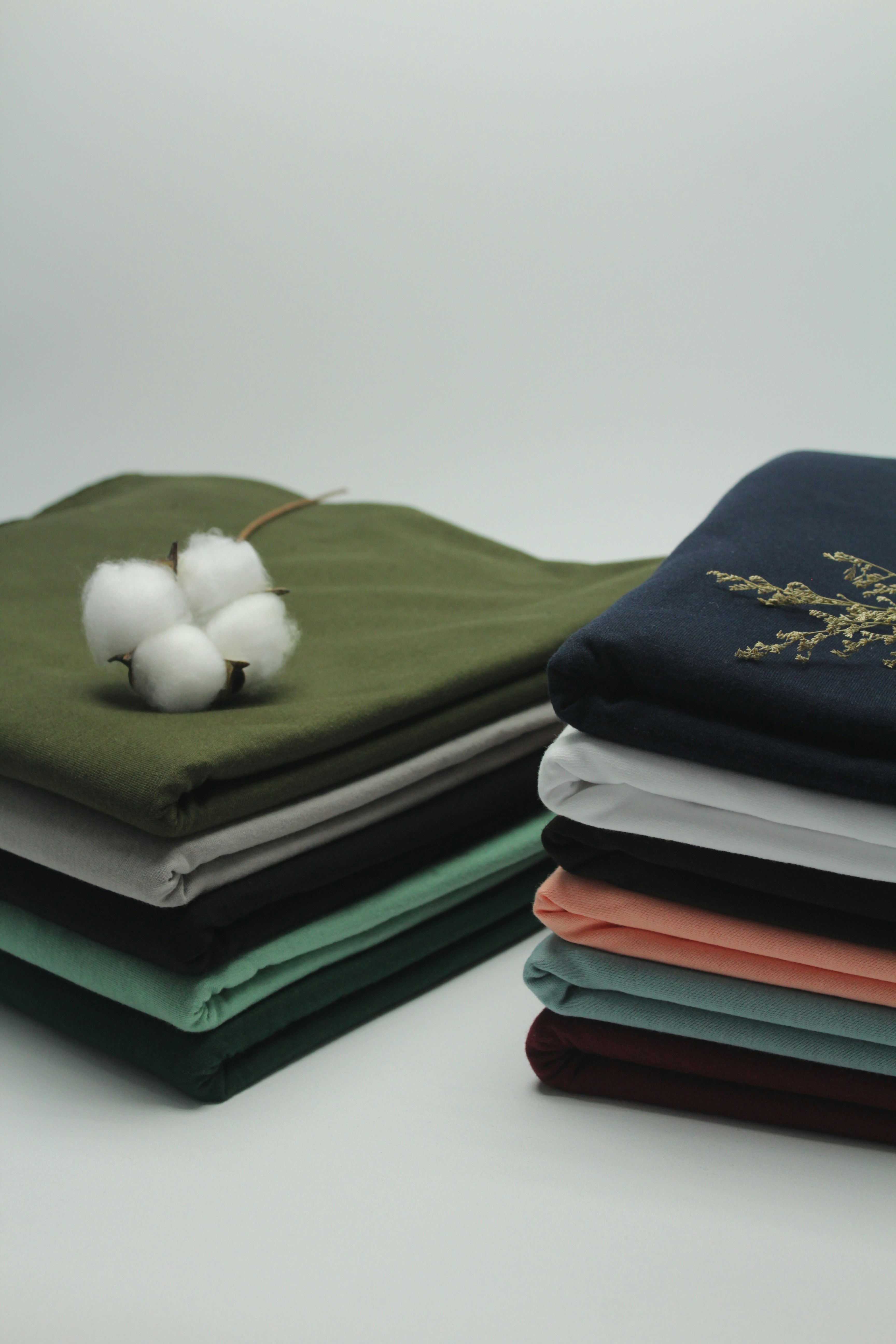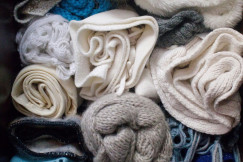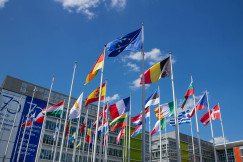Best practices
09 May 2025
New Circular Business Models as Drivers of Growth: The Case of Recover™
Best practices
09 May 2025
R&I, techniques and technological solutions
Sustainable competitiveness
Textile
+4 more
Login / create an account to be able to react
-
39

Recover™, originally part of traditional textile manufacturer Ferre Yarns, has transformed into one of Europe's largest cotton recyclers for textile-to-textile applications by embracing circular business principles. The company has continued to innovate through strategic partnerships, including a 2023 collaboration with Rieter and Polopique to produce fine ring and compact yarns with higher percentages of recycled content. By early 2024, Recover™ had achieved a global mechanical recycling capacity of 65,000 MT annually, employed 350 workers worldwide, and served 322 customers including major brands. Environmental impact assessments show significant sustainability benefits on reduction of water consumption CO2 emissions and energy use. It demonstrates how a legacy business successfully pivoted to make sustainability a commercial growth driver.
Recover™
Topics
Spain
Business Support Organisation
Company with 250 or more employees
Cluster Organisations
EU Institutions
Financial Institutions and Investors
Industry Associations and Chambers of Commerce
Regional Authorities
SMEs (a company with less than 250 employees)
-
Transition Pathway's building blocks
-
-
R&I, techniques and technological solutions
-
Sustainable competitiveness
-
-
Industrial ecosystems
-
-
Textile
-
-
Textiles ecosystem areas
-
-
Fibres, yarns and fabrics
-
Research and Innovation
-
Technology and Machinery
-
Waste management, reuse and repair
-
Share
Recover™ is today among the largest European cotton recyclers for textile-to-textile applications. Recover™ fibres are used on a broad array of applications, most notably apparel, accessories and home textiles. The Recover™ process enables the industry to divert industrial textile waste and end-of-use garments from landfills and incineration by creating recycled cotton fibres that can replace the need for virgin cotton.
A Long History Rooted in the Traditional Textile Sector
Recover™ story starts with Ferre Yarns, a traditional textile manufacturer with a long history in Spain, founded in 1914 and producing cotton yarns for generations. The second generation of the Ferre family first began recycling textile waste into cotton yarns in 1947.
Like many companies in the sector, the company faced the challenge of adapting to increasing environmental pressures and shifting market demands. Rather than remaining anchored to its historical model, it transformed its operations by adopting a circular business model focused on textile-to-textile recycling. This strategic move allowed the company to align its activities with sustainability goals while opening new avenues for growth. In 2006, it introduced the 'Recover' brand for their recycled products and by 2020 Recover™ was established as an independent entity, focusing on mechanical recycling of post-industrial and post-consumer textile waste into high-quality fibres while Ferre Yarns continued specializing in yarn spinning. The process includes cutting the material into smaller pieces, treating it only with a preparatory anti-static spray and finally processing them inside the Recover™ recycling machine.
Innovation as a response to the challenges of the transition
The company's extensive experience in yarn manufacturing provided crucial insights into both the technical requirements and innovation challenges of introducing recycled materials. This enabled them to develop advanced technologies for sorting, processing, and regenerating discarded fabrics. In 2023 Recover™ announced a new partnership and groundbreaking project with Rieter and Polopique. The project was created in response to a major challenge facing the textile industry: producing fine ring and compact yarns with a higher proportion of mechanically recycled fibres. By combining Recover's mastery of advanced recycling technology, Rieter's expertise in textile machinery, and Polopiqué's proficiency in textile manufacturing, the project created a high-quality sustainable solution that is both combed and ring spun.
The company has maturated long-term experience in collaborating with brands, suppliers, processors, and retailers. This ensured its recycled fibres met industry quality requirements and quality optimization, while enabling large-scale commercial adoption and driving the scaling of circular fashion.
Some results
At the beginning of 2024 the company’s total shredding capacity for mechanically recycling accounted for 65 000 MT / year globally and it employs 350 workers worldwide. The company counts 322 customers globally, including major brands and suppliers.
As for the impact on the environment, it was calculated that each kilogram of Recover™ RBlue fibre delivers substantial sustainability advantages over conventional alternatives: reducing water consumption (more than 1,000 litres saved), decreasing carbon emissions (6.38 kg CO2 equivalent saved), and reducing energy consumption (35.57 kWh saved).
Recover™ demonstrates how a legacy business can turn sustainability into a growth driver by adopting a circular model that is both commercially viable and environmentally effective.
Comments (0)
See also
-
31
Circular Innovation in the Prato Textile District
- Categories
- Investments and funding R&I, techniques and technological solutions Sustainable competitiveness +3 more
-
8
Recovery and Resilience Facility (RRF)
- Categories
- Infrastructure Investments and funding R&I, techniques and technological solutions +28 more
-
5
Supporting fair transition towards climate neutrality through the Just Transition Fund
- Categories
- Infrastructure Investments and funding R&I, techniques and technological solutions +21 more




